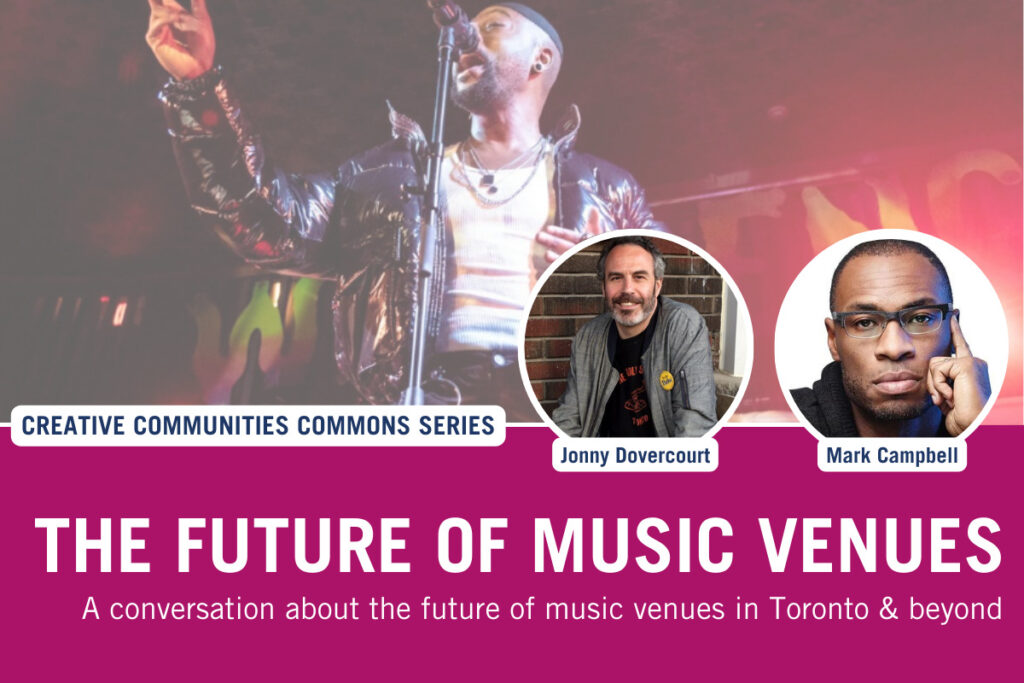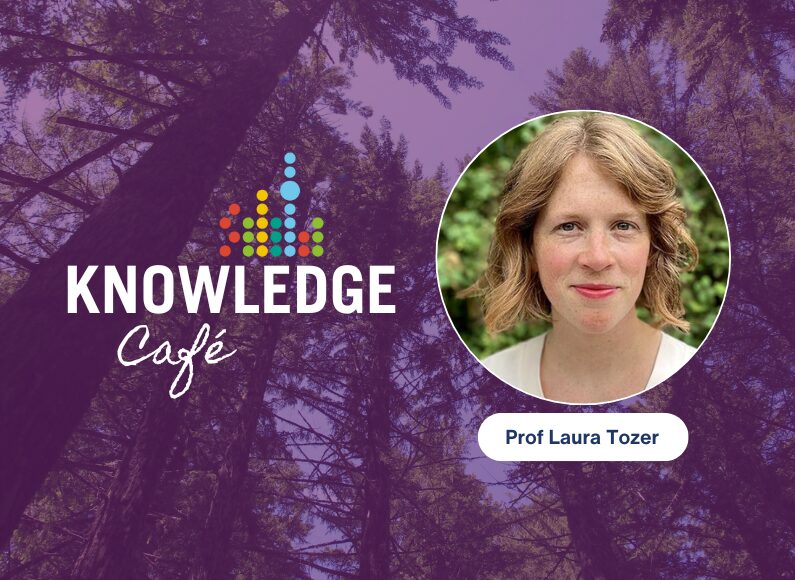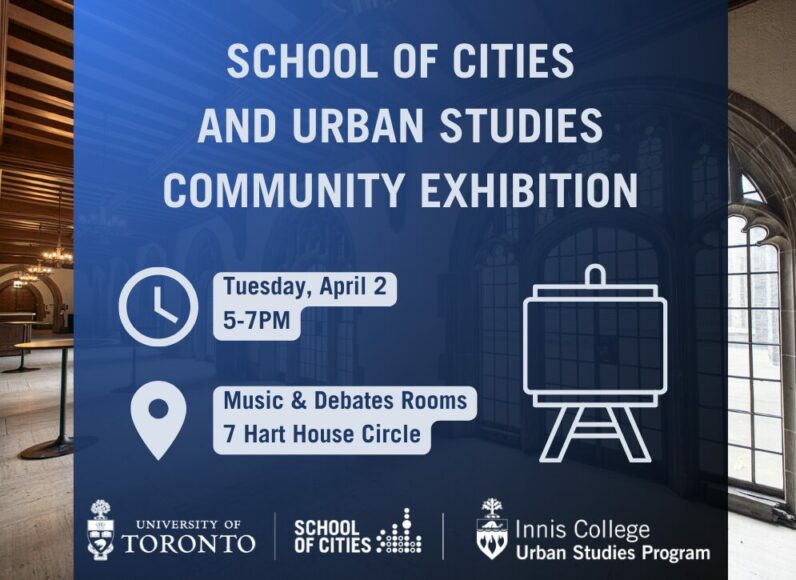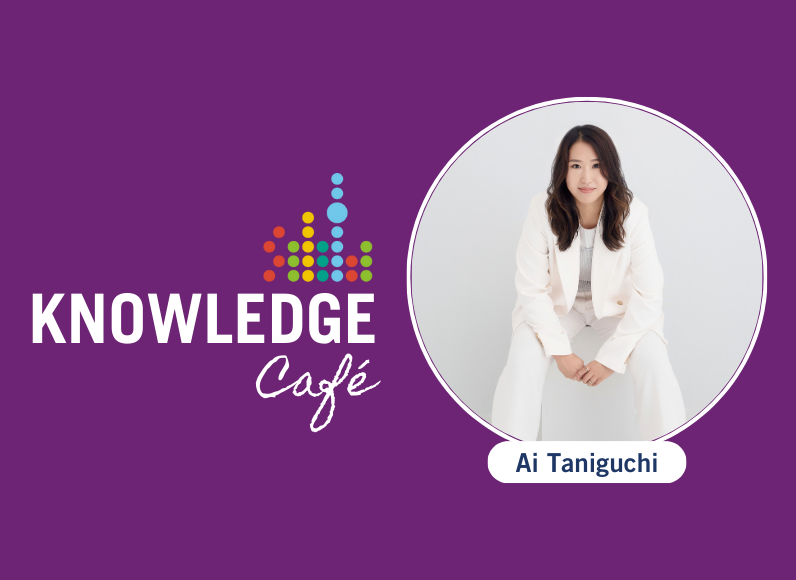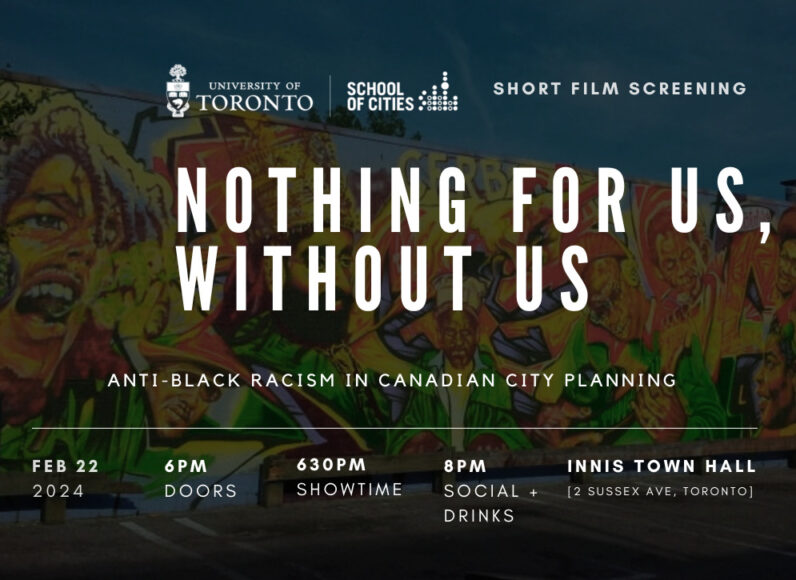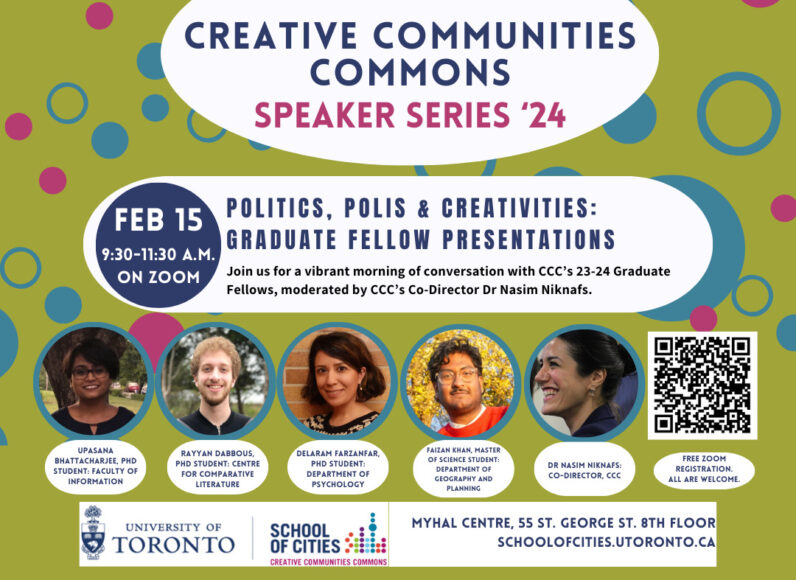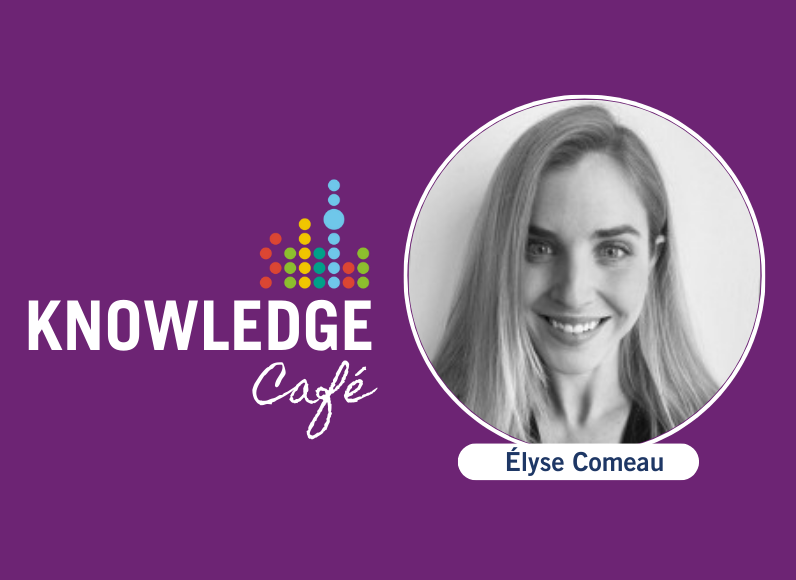About
Jonathan Bunce (a.k.a. Jonny Dovercourt) is a music writer, researcher, and concert presenter based in Toronto, who has been active in the city’s local independent music community since the 1990s. He is the co-founder and Artistic / Executive Director of the groundbreaking Wavelength Music Arts Projects, a 20+ year non-profit Canadian indie music institution, and has also worked for arts organizations including the Images Festival and The Music Gallery. His first book, Any Night of the Week: A D.I.Y. History of Toronto Music 1957-2001, was published in 2020 by Coach House Books, with an accompanying podcast commissioned by the Toronto International Festival of Authors. His writing has also appeared in Exclaim!, Eye Weekly, Huffington Post, Musicworks, Now Magazine, and Spacing. He is currently working on a sectoral research project in collaboration with Wavelength and the University of Toronto’s School of Cities entitled “Reimagining Music Venues.”
Dr. Mark V. Campbell is a DJ, scholar and curator. His research explores the relationships between Afrosonic innovations and notions of the human. Dr. Campbell is currently the Principal Investigator in the SSHRC funded research project, Hip Hop Archives: The Poetics and Potentials of Knowledge Production. His recent books include the monograph AfroSonic Life (2022), the co-edited collection of essays, We Still Here: Hip Hop in North of the 49th Parallel published (in 2020) and his forthcoming co-edited collection Hip Hop Archives: The Politics and Poetics of Knowledge Production with Murray Forman is due out in 2023. Mark is Assistant Professor of Music and Culture at the University of Toronto Scarborough and holds Research Fellow positions with the Laboratory for Artistic Intelligence and the Research Centre for Music, Sound and Society in Canada.
____________________________________________________________
About The Creative Communities Commons (3C) Speaker Series
3C exists to provide a node of open participation and the free exchange of intellectual resources and expertise among academia, the arts sector, community leaders, civil society, the private sector, and the public sector who share interest in:
- Arts and culture as a sector within every human community
- How the arts and culture sector interacts with the other sectors in our communities (like the environment, housing, immigration, public health, and transportation)



